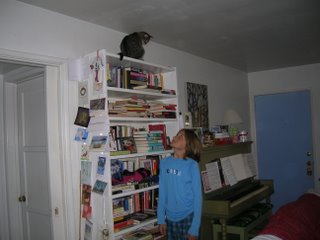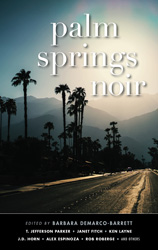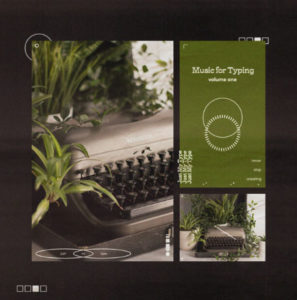I have been in a fiction frenzy of late. When it comes to writing, all I want to do is work on my fiction. Being a teacher of writing and the author of a book on writing, and a coach, too, who advises writers on ways to get through blocks and make headway on projects, I’m examining why it is that now I’m in a fiction frenzy as regards my novel.
I’ve been working on it for a long time. I did freewriting for a year and when I came to about page 270 of 300 pages of freewriting, I discovered my story. The rest, as it turns out, was backstory.
So a year ago January I started on the draft. Now I’m on page 251 of the first draft. Well, it’s not really the first draft. I do a draft and then I go back and tweak a little and then move on, go back a little, tweak, move on. Kind of a one step back, three steps forward dealybob.
I’ve passed the midpoint of the book–at page 251, one would hope I’ve passed the midpoint. And now my various subplots–and plot–seem to be coming into focus. The hardest part of the writing, for me, is figuring out what happens. I’m not an outliner or plotter. I tried once. I spent so much time on the outline and character biographies that when I was done, I no longer wanted to write the book. So I don’t do that anymore.
But now, all the pieces of the story are in motion and when I sit down to write, I can pick from a handful of plots/subplots/characters and begin with them, and progress the story.
Doesn’t hurt that the scenes I have been writing take place in Pennsylvania in the winter. In my book, it is snowing. Snow in winter is my favorite weather, so while I can’t have that here, by the beach in Orange County, California, I can have that when I work on my book. The other night on my show Kathryn Davis, author of The Thin Place (she was also an influential writing instructor of mine), said place is everything for her in her books. Without place, she’s unrooted, cannot go on. Now I see why. (By the way, that show will be podcast any day now–maybe even today. Go to http://writersonwriting.blogspot.com/ for updates.)
I had a deadline of April 1 but yeah, it’s not going to happen. Maybe I should have picked a day other than April Fool’s.
So, the point to all of this is, when you’re into a draft and find yourself dragging your feet, just keep going. Know that there will come a point when you will feel excited again, as you did when you were first starting your book, and you will feel as if you are flying. It’s like driving cross-country from coast to coast. If you’ve ever done this, you’ll know what I mean. You are just about to Kansas and you think, I can’t do this anymore. It’s too far. But you’ve come such a distance to turn back now. You’ve got to keep going forward. What’s the alternative? You’ve got to keep moving toward your destination, and soon the landscape picks up, there are mountains and interesting things to do and to look at. And then you are there.
It surely is about the journey, but you do want to get to your destination, too; to see your journey realized.




 Support Indie bookshops and this site by purchasing books through my BookShop
Support Indie bookshops and this site by purchasing books through my BookShop
